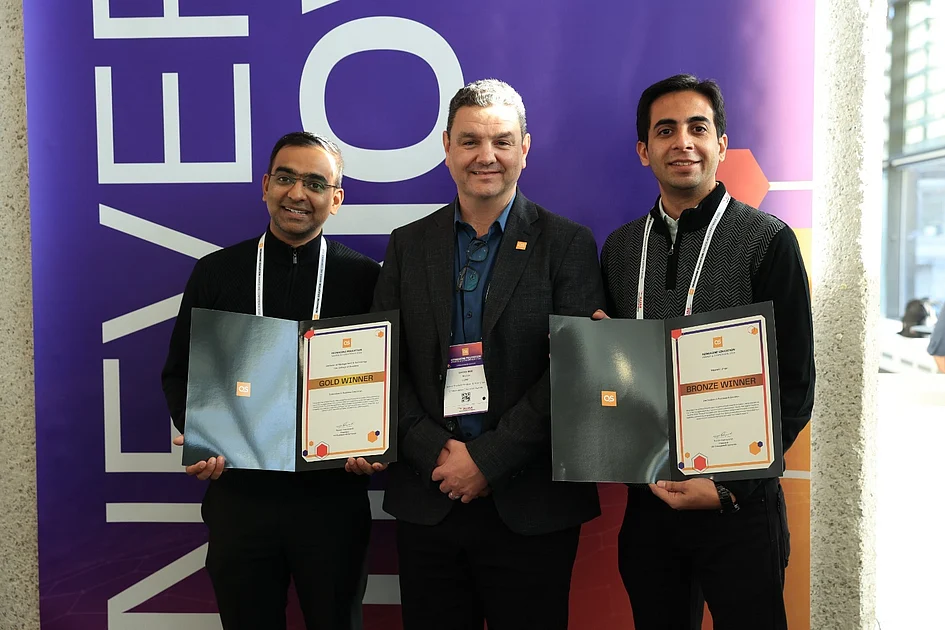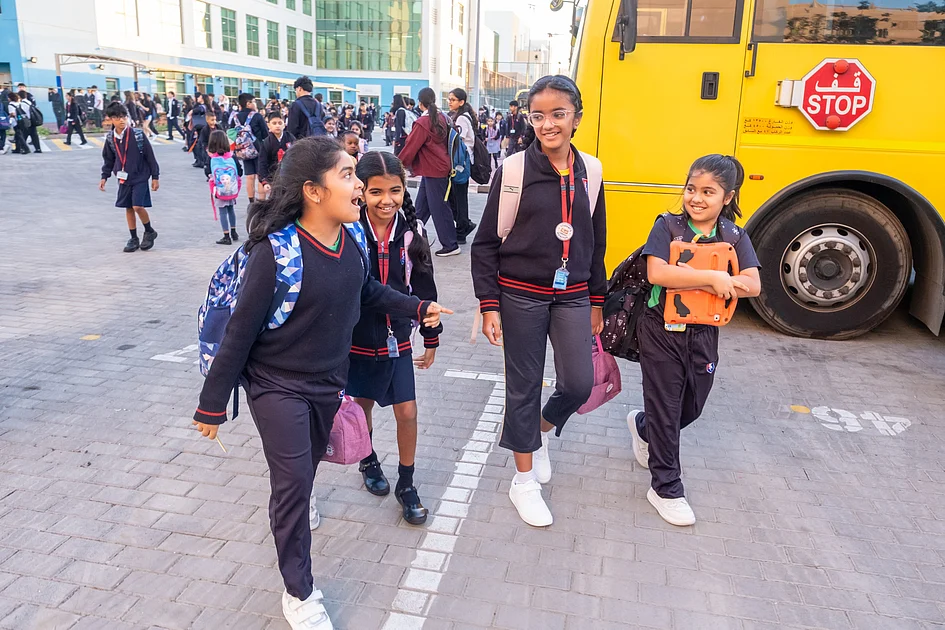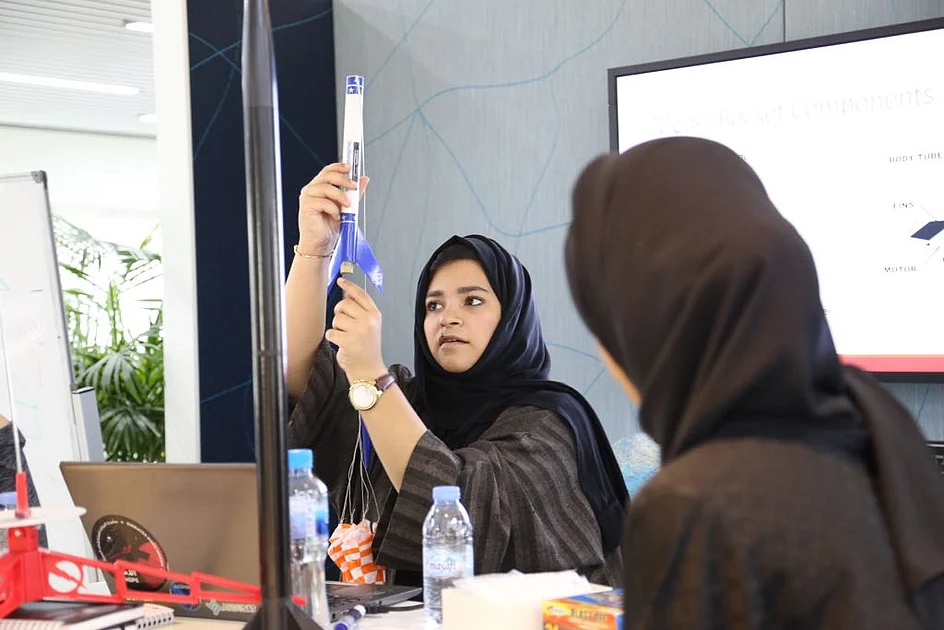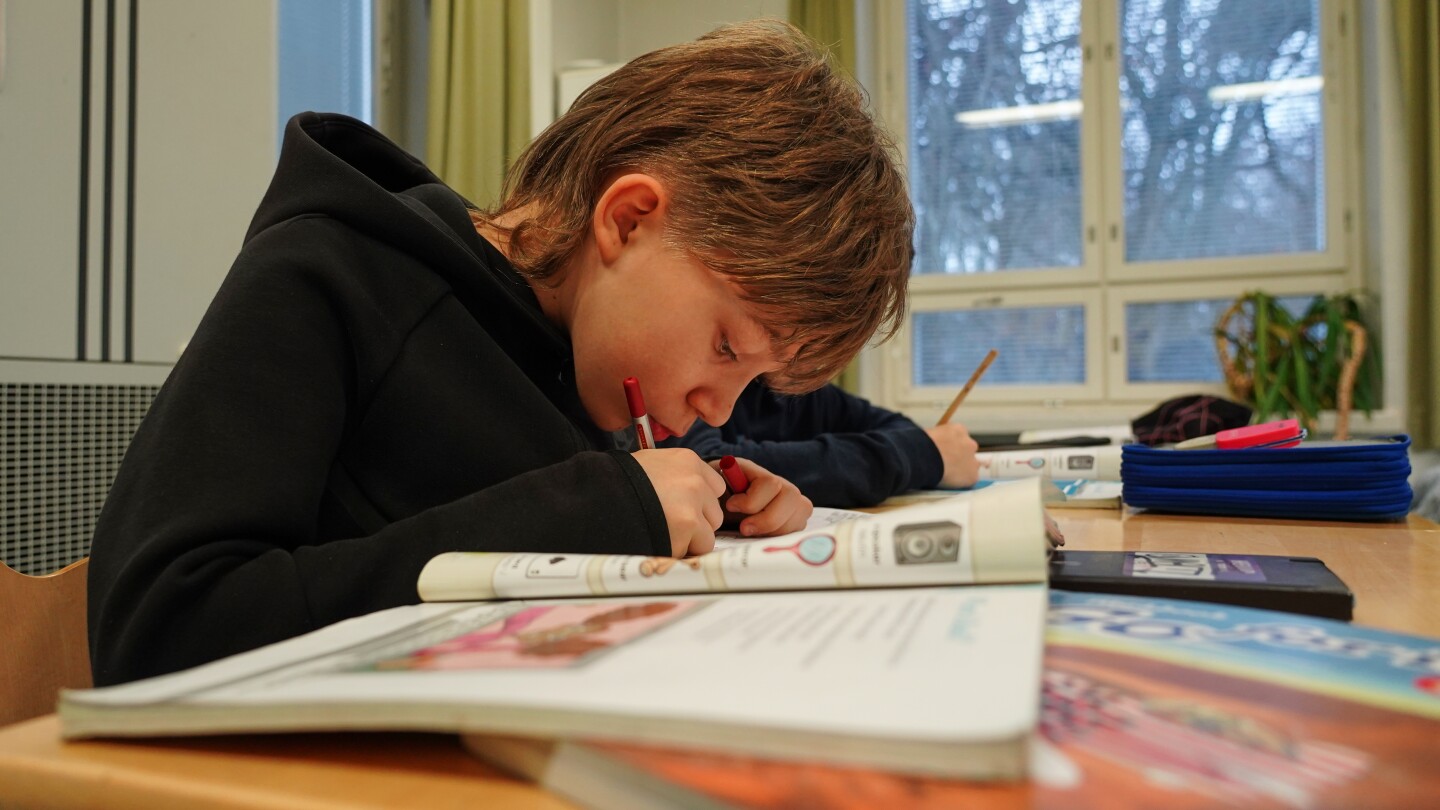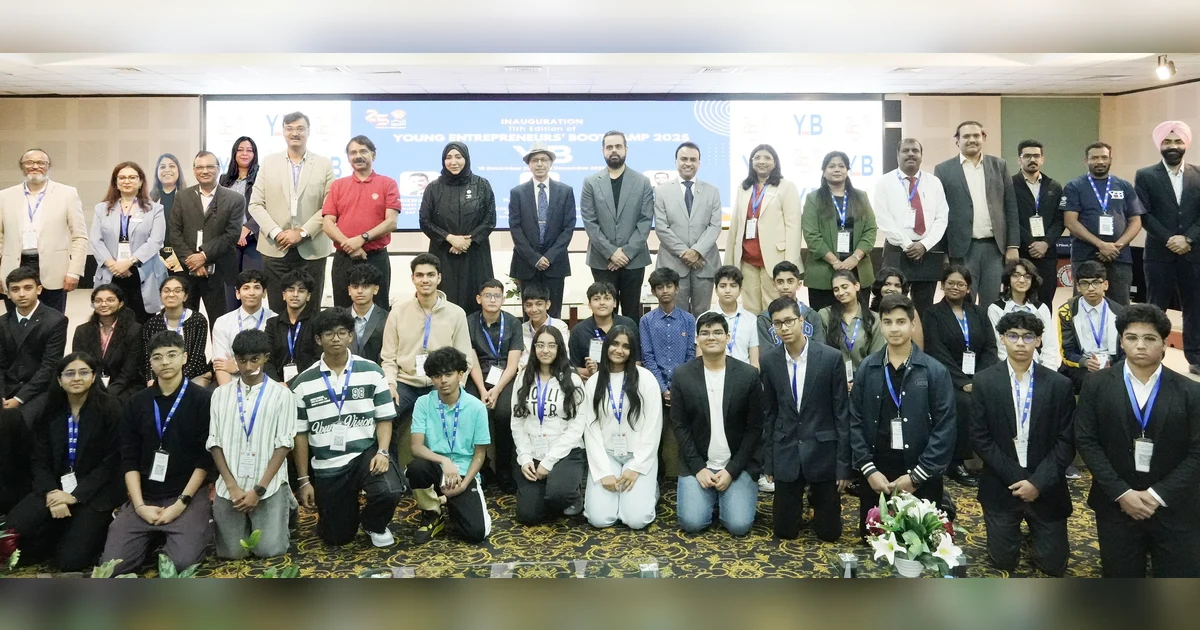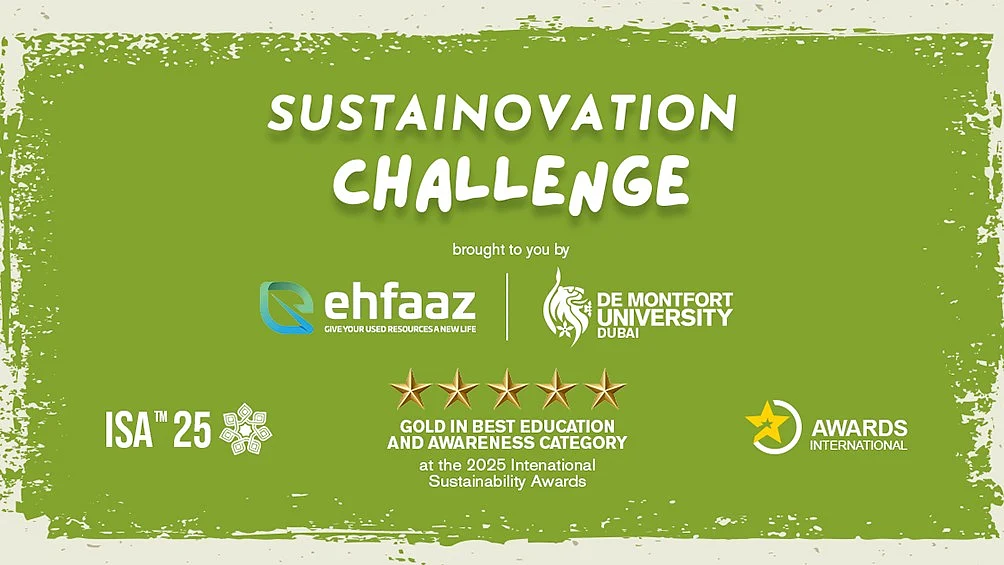Tetr College of Business has achieved global recognition by securing the Gold Award in Innovation in Business Education at the prestigious QS Reimagine Education Awards 2025. This landmark achievement positions Tetr among an elite group of institutions worldwide that are fundamentally transforming business education through groundbreaking approaches.
The QS Reimagine Education Awards, organized by Quacquarelli Symonds—a highly respected higher education evaluation body—attracts thousands of applications annually from institutions across the globe. The rigorous selection process involves four rounds of comprehensive evaluation conducted by a distinguished panel of over 1,300 higher education leaders, educational technology experts, and industry specialists. The Gold Award represents the highest distinction within the category, recognizing exceptional innovation and excellence.
Tetr’s revolutionary educational model integrates academic rigor with hands-on entrepreneurship, multi-country immersion experiences, and real-time problem solving. The institution’s curriculum transcends traditional classroom learning by enabling students to develop actual businesses, operate across international markets, and acquire practical experience aligned with the demands of the evolving global economy.
Pratham Mittal, Founder of Tetr College of Business, commented: “Business education has remained predominantly theoretical for decades while the world has undergone dramatic transformation. This recognition from QS validates our conviction that students learn most effectively through building, experimenting, and operating in real market environments. At Tetr, we are creating an educational paradigm that is profoundly global, intensely practical, and designed for the realities of contemporary business.”
Tarun Gangwar, Chief Operating Officer of Tetr College of Business, added: “The Gold Award serves as powerful affirmation of our mission to reimagine how business leaders are developed. We designed Tetr to bridge the gap between education and execution—ensuring students graduate not merely with theoretical knowledge but with tangible experience, global exposure, and the confidence to lead effectively from their first day.”
With this achievement, Tetr College of Business joins an exclusive group of world-renowned institutions including the University of Pennsylvania, Massachusetts Institute of Technology, Stanford University, INSEAD, and Imperial College London—all previous recipients of this distinguished honor. These institutions collectively establish new benchmarks where learning becomes experiential, outcomes are measurable, and education is fundamentally designed for the real world that students will subsequently shape and transform.
